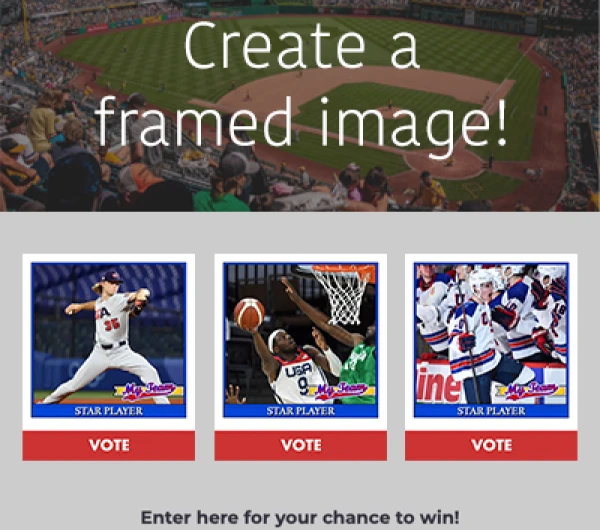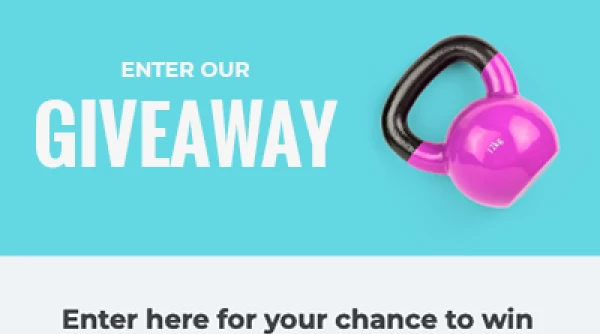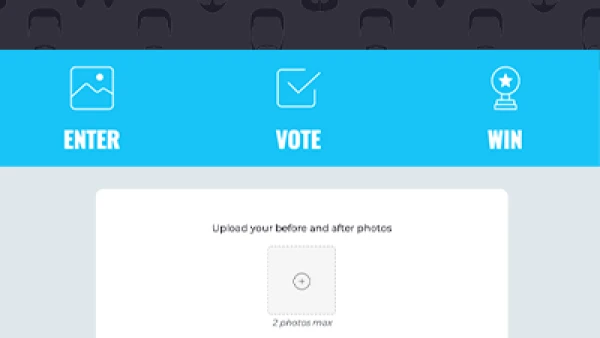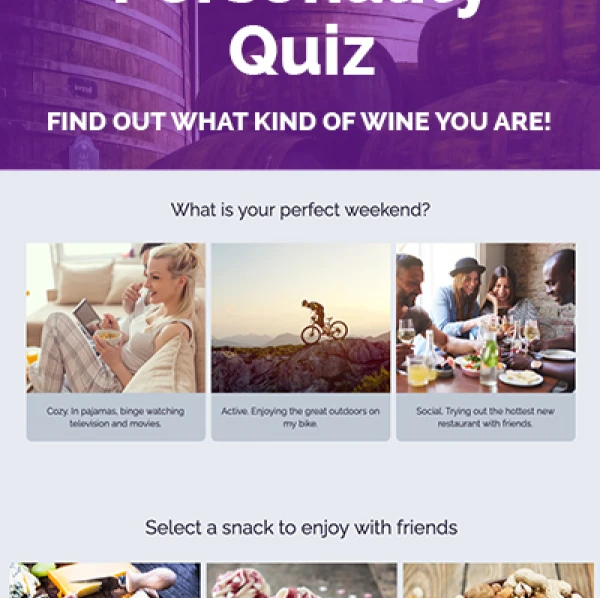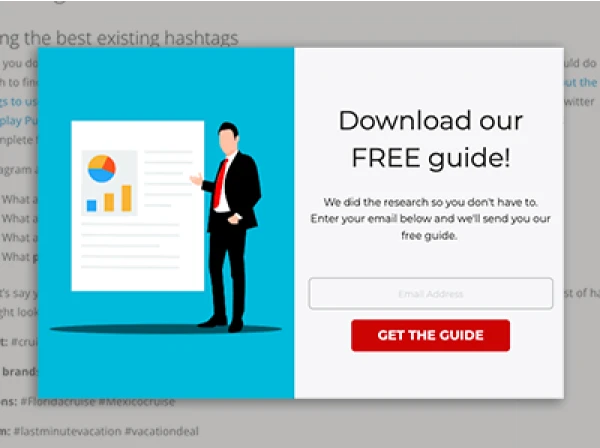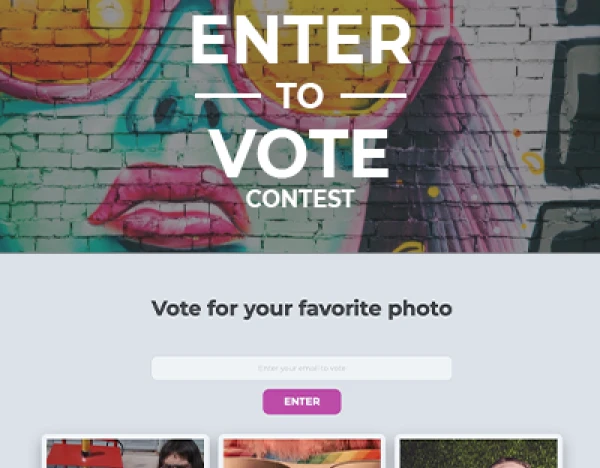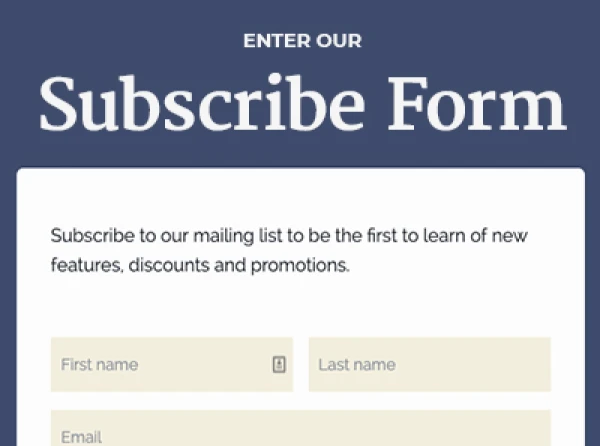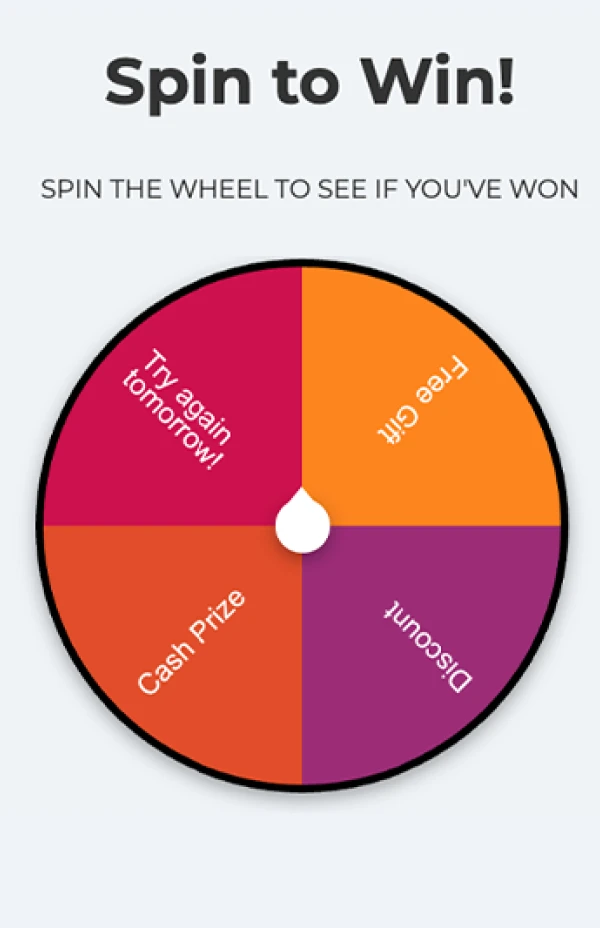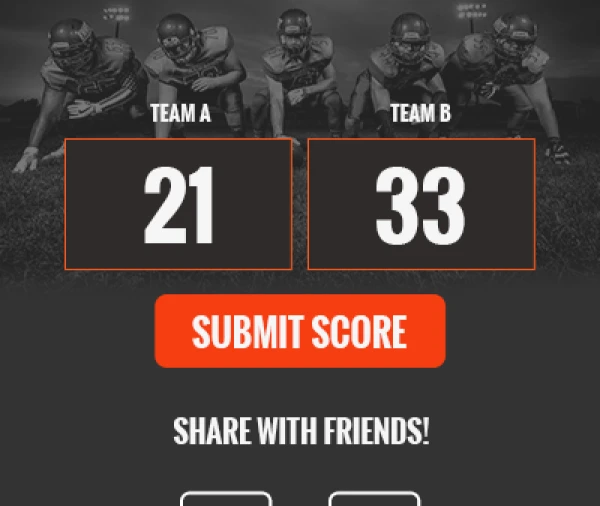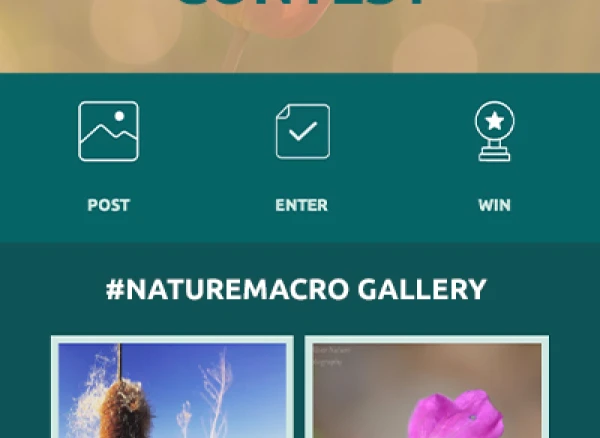Have you ever taken a "personality" quiz or a Buzzfeed quiz and shared the results on Facebook or Twitter? They're hard to resist! So if it seems like every day someone you know is sharing the latest "What kind of ____ are you?" quiz, it’s because these quizzes are fun to take and easy to share. (The average quiz gets shared 1900 times on social media, according to Buzzsumo.)
Even traditional media outlets have used quizzes to drive engagement on their websites and on social media. So why are quizzes so popular? The easy answer: they're entertaining. The more complicated answer: they help us make sense of ourselves and the way we live (at least according to this Wired story).
The next question is, what can businesses learn about their customers from quizzes? Plenty! You can learn about your customers' interests with a quiz, which could help you decide on the kinds of products and services you offer in the future. You can also design a quiz that helps educate your customers about your products, making them more likely to purchase from you. With personality quizzes, you're using what's known as "psychometrics" to learn about people's interests ... without asking them directly.
In this post you’ll learn how to design a quiz to use as a marketing tool, and see examples of quizzes a variety of big and small businesses have run.
Determine Your Goal(s)
Just like with any marketing effort, setting your goal before you design your quiz will make it more likely that you get the results you want.
In one example shown below, Kershaw, a knife manufacturer, hosted a quiz that was designed to help their customers select a product to purchase. Kershaw might also have learned from this quiz that the majority of people who took their "What Kind of Knife are You?" quiz prefer the "Rugged" knife, and then decided to increase production and marketing efforts around that category of knife.
In the second example, Airbnb, the home-sharing network, designed a quiz to help their customers decide what kind of summer vacation would be their ideal family getaway.

Choose Your Title
Just like with news headlines, a large number of people will decide whether or not to take your quiz based on its title. A few years ago, Buffer ran a story called "The Top Words Used in Viral Headlines," that assessed 3,016 headlines from 24 popular sites. You can read the whole post here, but the gist of the post was that titles/headlines that include certain words are more likely to be widely shared.
The most viral headlines include one or more of these seven words:
• You or Your
• This
• What, Which or When
• Why
There are other tricks you can use in your title, like framing the title as a question (which doubles click through rates) and adding the word "actually," to challenge the reader. Which of these two titles do you find more compelling?: "Which rock star is most like you?" or "Which rock star is actually most like you?" The difference is slight, but I'm guessing you find the second one more interesting.
Come Up with Clever Questions
The more entertaining your questions are, the more likely people will answer them. Think about how you talk to your customers and approach your questions that way. Your goal should be to make people feel comfortable answering your questions, especially if you're using a quiz that asks for an email address or other information before results are revealed.
And use images! Notice how inviting all the images are in the examples below. The Airbnb and Yosemite images had me hunting for my suitcase as soon as I'd finished with the quiz.
Finally, aim for six to ten questions, max. A quiz should take about three minutes to complete.

Examples
For inspiration, here are a few examples of quizzes businesses have used to drive engagement, to learn more about what their customers want, and even to collect email addresses to use for future marketing.
There are a number of companies that provide templates for building quizzes, surveys and polls. A great example of one-such companies is ShortStack, who offers dozens of templates to use in the "no-code-required" Builder. (The ShortStack team can also build one for you. To learn more about our campaign design services, set up a call.)
Okay! On to the examples.
1. Kershaw Knives: "What Knife Style are You?"


Once people have answered the questions, Kershaw tells them what kind of knife would be ideal for them, and they encourage people to share the results with their friends on Facebook and Twitter.

When they reveal the quiz-taker’s knife style, Kershaw also takes the opportunity to show off some of the knives in their collection that align with the result.
2. Airbnb: “What Kind of Family are You?”
I love the execution of Airbnb’s “What Kind of Family are You?” quiz. It’s very simple: All you have to do is scroll through a series of images showing different locations, home styles and vacation activities, and then click the heart icon if the image appeals to you, or click the X if it doesn’t.
Airbnb’s images will have you dreaming about and planning your next vacation long before you reach the end of the quiz -- it’s marketing disguised as entertainment (and I mean that in a good way).


After browsing through about eight photos, the final image (shown below) reveals what category of vacationer the quiz-taker is. Notice how within the text that describes the person’s vacation style, Airbnb makes recommendations for places to visit. The Adventurers, for example would likely love Moab or Whistler, or Costa Rica if they’re looking for something more exotic. This quiz gives Airbnb the opportunity to learn about the preferences of their customers and prospective customers, and also to market directly to them a variety of homes available via Airbnb where people can book instantly.

By the way, I was looking at the quiz purely for research, but before I even realized what I was doing I was clicking around to check out homes for rent in Moab, Utah, and thinking about a family trip to Costa Rica, a place I never thought I’d visit. Airbnb hooked me!
3. Degnan's Kitchen "Yosemite Personality" Quiz with Prize
Degnan's Kitchen is a restaurant at Yosemite National Park. The restaurant was recently closed for renovations and, in anticipation of the upcoming spring and summer seasons, Degnan's wanted to let people know about its reopening. Degnan's combined a quiz with a giveaway (the prize is a gift certificate to use at the restaurant).
In the Yosemite quiz, visitors are asked a series of questions about their favorite Yosemite sites and activities. After they've answered the questions, they learn about a meal from Degnan's menu that will help fuel their Yosemite adventure. Of course the quiz takers are also encouraged to share results with their friends. By gating the quiz and combining it with a chance to win a prize, Degnan's is able to collect email addresses to use for future marketing.



4. Survivor: "Which Survivor Game Changer are You?"
It's hard to believe Survivor has been a television staple for more than 20 years, but that's a fact. There have been some seasons with contestants who are hard to forget, so that’s what a television station decided to build their quiz around. In order to drum up excitement for the show's upcoming season and to remind people to tune in, KSLA News 12 hosted a quiz designed to show people which well-known Survivor character they are. This quiz was purely for fun and engagement.


5. Noble Vines: "Which Wine is Your Perfect Match?"
Noble Vines used a personality quiz to educate people about their wines. In their quiz, they asked people a series of questions related to food and wine pairings, travel and lifestyle, that ultimately let the quiz takers known which of the company's wine would be their "perfect match."
This is a great example of how a business could use a quiz to learn more about their customers' preferences. For example, if Noble Vines learned most people "matched" with Pinot Noir -- perhaps they would increase production of that particular wine. When they revealed the quiz results, Noble Vines also shared a link where people could learn more about their perfect match.


Don’t Forget to Promote Your Quiz
Since quizzes get 75 percent of their traffic from social media, promoting your quiz is key. Airbnb’s quiz was promoted on Instagram and just happened to appear in my feed, which is how I found it. I haven’t seen all that many marketing-driven quizzes which tells me there’s opportunity there. As with any sort of marketing campaign, getting the word out requires a combination of free and paid efforts. I always recommend posting on social media, promoting in email and on your website and blog, as well as using Google and Facebook ads.
Conclusion
You can see from the examples shared above, the brands all had different goals. Some are obviously used primarily for marketing (Airbnb and Degnan’s) while others are more subtle and seem to be just for fun and brand awareness. Others are somewhere in the middle, perhaps trying to gauge customer interest in products, and also educate people (Kershaw).
If you're ready to design a quiz, and wondering what kind of quiz your audience is most likely to take and share, start by thinking about something you'd like to learn from your customers. Let’s say you want to narrow down the color palette for next season’s line of products, you could use a quiz to figure out your customers’ favorite colors and build your next line around their preferences. Or, if you want to help your customers choose from a large variety of your products, you could use a quiz to help them figure out which one would be right for them, just like Kershaw Knives did in the first example.
You could also take a look at the most popular content you've shared. Have you created a guide or infographic that got a lot of traffic? Is there a blog post on your site that was wildly successful -- or at least brought you a respectable amount of attention? If the content resonated with your customers, it might just catch the attention of their friends, too, in the form of a quiz.
Check out ShortStack's Personality Quiz Template and get started today!
Want to see what kind of Buzzfeed-style personality or trivia quiz we could build for you? Schedule a demo.
A version of this original story appeared on Social Media Today.

About the author
Dana Sullivan Kilroy is a communications professional with more than 20 years of experience delivering compelling content. Her work has appeared in national, award-winning publications and sites, including: The New York Times, The Los Angeles Times, The Wall Street Journal, USA Today, and Fast Company, Inc.
Recent posts
Go back to blogGet marketing tips straight to your inbox
Launch an irresistible giveaway. Get started for free.
Join 630.000+ marketers that are boosting engagement and sales.
